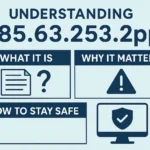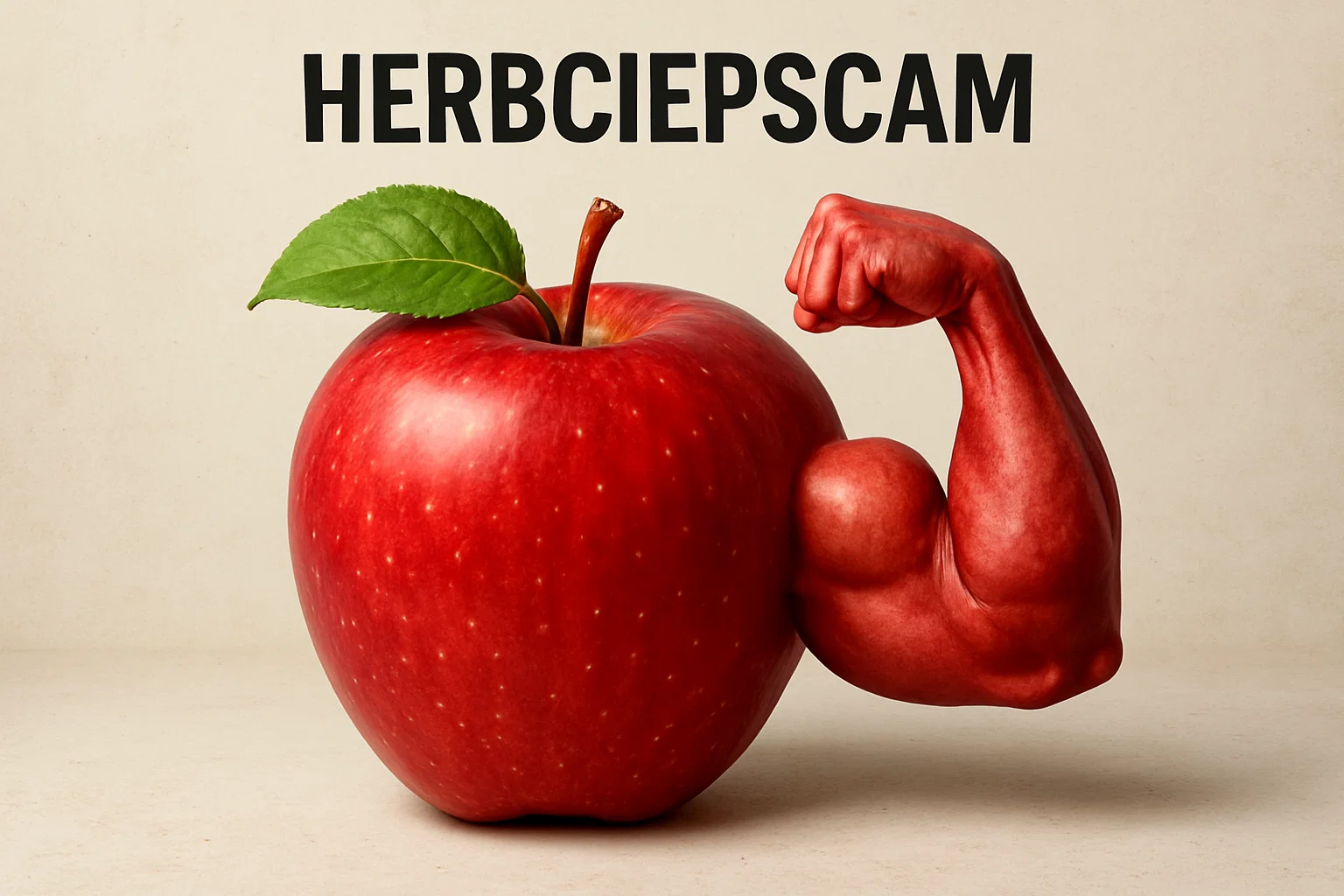In the age of social media, digital marketing, and online shopping, the health and wellness industry has exploded with thousands of supplements promising everything from weight loss to enhanced immunity. However, with this rapid growth comes the rise of questionable brands and suspicious websites. One name that’s recently caught the attention of consumers and skeptics alike is Herbciepscam.
But what is Herbciepscam? Is it a product, a scam warning, or a cleverly disguised keyword meant to expose fraudulent practices? In this article, we’ll dive deep into the context, explore possible meanings, uncover red flags, and help you stay safe in the world of online health supplements.
What Is Herbciepscam?
At first glance, the word Herbciepscam appears to be a combination of three elements:
- “Herb” – typically associated with natural or plant-based supplements.
- “Ciep” – possibly a misspelling, brand name, or internal code.
- “Scam” – clearly suggests fraud or deceptive activity.
While no official product under the exact name “Herbciepscam” has been confirmed on the market, the use of this term seems to point toward a broader concern: potential scams related to herbal supplements being sold under obscure or misleading brand names.
The Rise of Supplement Scams Online
With growing interest in natural remedies and wellness, many consumers turn to herbal supplements for relief from common ailments like stress, fatigue, joint pain, and digestion problems. Unfortunately, scammers exploit this demand by creating fake or low-quality products marketed with flashy promises, fake testimonials, and high-pressure sales tactics.
These scams often include:
- Fake or unknown brand names
- “Free trial” offers that lock users into subscriptions
- Copy-paste websites with no contact information
- Unrealistic claims (“Lose 10 pounds in 7 days!”)
- Fake reviews or AI-generated testimonials
The likely interpretation of “Herbciepscam” is that it’s either:
- A coded keyword or tag used to flag a suspicious herbal product online
- A viral or community-driven term used to expose a particular scam in online health forums
- A warning created by users or watchdogs to help others avoid falling victim to a specific scam involving an herbal supplement
How Herbal Supplement Scams Work
Most fraudulent supplement schemes follow a predictable pattern:
1. Aggressive Online Advertising
Scam sites use targeted social media ads, fake news articles, or influencer endorsements to promote their “miracle” supplement. Ads often promise quick fixes, like instant fat burning or increased energy.
2. Too-Good-to-Be-True Claims
The product is advertised with scientific-sounding language, clinical studies, or even fake doctor endorsements—none of which can be verified.
3. The “Free Trial” Trap
Victims are offered a “free” or discounted trial and only pay shipping. But hidden in the fine print is a subscription clause that charges your credit card monthly—often with no easy way to cancel.
4. No Real Contact Info
The website may lack a physical address, real customer service, or refund policy. Once you’ve been charged, there’s little to no way to get your money back.
5. Data Harvesting
Some scams go beyond money—they collect your personal and financial information, leading to spam, phishing attempts, or worse.
Red Flags to Watch Out For
If you come across a supplement—or website—that seems suspicious or similar to what “Herbciepscam” is referencing, look out for the following:
- No third-party lab testing or certification
- Overhyped benefits without disclaimers
- No transparent ingredient list
- Pushy language: “Limited supply!” or “Only 5 bottles left!”
- No reviews on trusted platforms (like Trustpilot or Google)
- Unsecured website or sketchy payment page
These are strong indicators that the site or product is not trustworthy.
How to Protect Yourself
To avoid falling victim to scams like those possibly associated with the keyword Herbciepscam, follow these best practices:
1. Research the Product
Always Google the product name along with keywords like “scam,” “reviews,” or “side effects.” Real users often share experiences on forums and review platforms.
2. Check for Certifications
Look for seals like GMP (Good Manufacturing Practices) or NSF certification that indicate quality and safety standards.
3. Use Reputable Retailers
Stick to known marketplaces like Amazon, iHerb, Walgreens, or direct from the manufacturer’s website (if verified). Avoid pop-up stores or unfamiliar links in social media ads.
4. Read the Fine Print
Before clicking “Buy Now,” read the terms of service. Check for auto-renewal clauses or restocking fees.
5. Use a Credit Card
Avoid using debit cards. Credit cards offer better fraud protection and chargeback options if you need to dispute a transaction.
What to Do If You Suspect a Scam
If you think you’ve been a victim of a health supplement scam:
- Contact your bank or credit card provider immediately to block further charges.
- Report the website to the Federal Trade Commission (FTC) or your country’s consumer protection agency.
- Leave honest reviews to warn other users.
- Consult your doctor if you’ve consumed a suspicious product and are experiencing side effects.
Final Thoughts
While “Herbciepscam” may not refer to a specific product, it serves as a powerful reminder of how easily consumers can be misled in the world of online health and wellness. Herbal supplements can offer genuine benefits—but only when purchased from trusted, verified sources.
As the market continues to grow, so does the need for awareness, caution, and critical thinking. Don’t let flashy marketing fool you. Always research before you buy, and if something feels off—it probably is.










